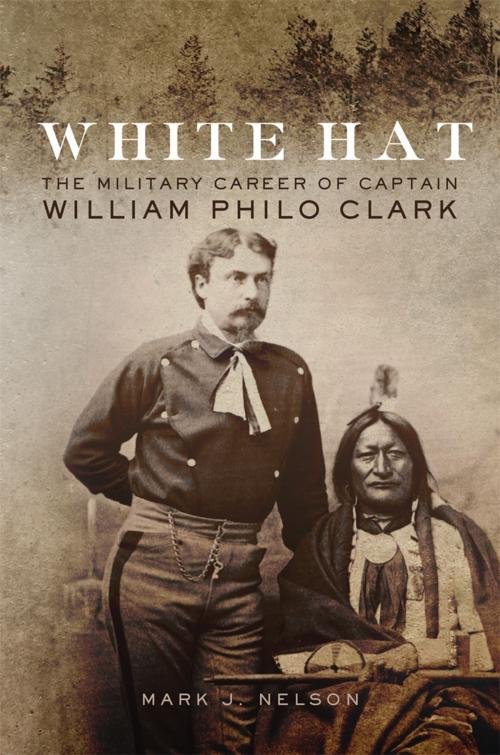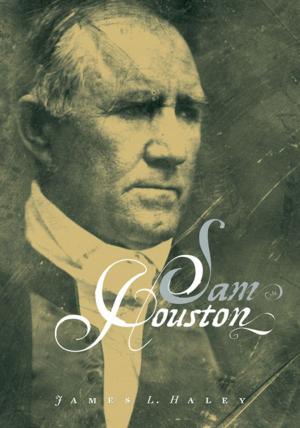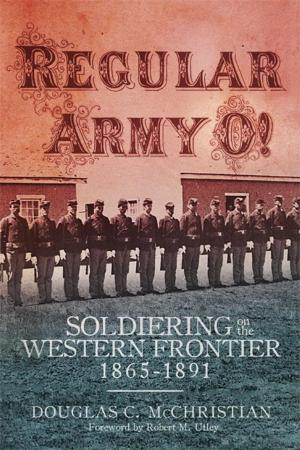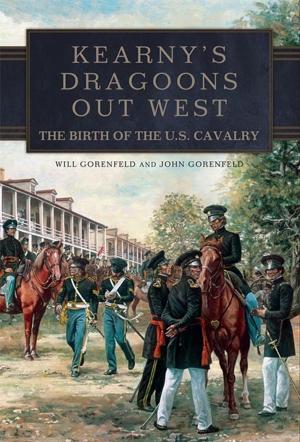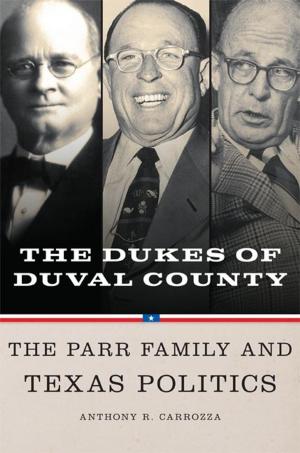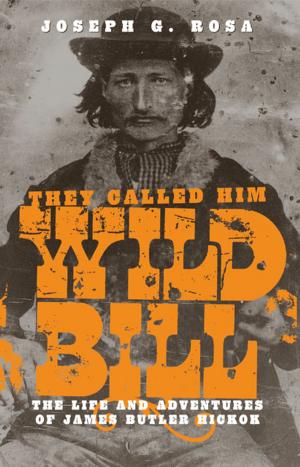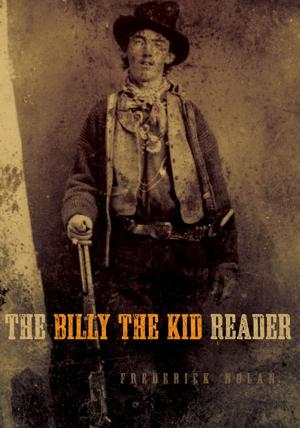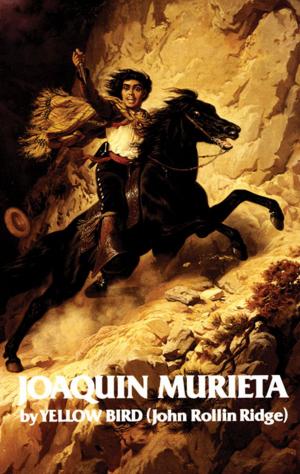White Hat
The Military Career of Captain William Philo Clark
Nonfiction, History, Americas, United States, 19th Century, Military| Author: | Mark J. Nelson | ISBN: | 9780806162669 |
| Publisher: | University of Oklahoma Press | Publication: | October 18, 2018 |
| Imprint: | University of Oklahoma Press | Language: | English |
| Author: | Mark J. Nelson |
| ISBN: | 9780806162669 |
| Publisher: | University of Oklahoma Press |
| Publication: | October 18, 2018 |
| Imprint: | University of Oklahoma Press |
| Language: | English |
Best known for his role in the arrest and killing of Crazy Horse and for the book he wrote, The Indian Sign Language, Captain William Philo Clark (1845–1884) was one of the Old Army’s renaissance men, by turns administrator, fighter, diplomat, explorer, and ethnologist. As such, Clark found himself at center stage during some of the most momentous events of the post–Civil War West: from Brigadier General George Crook’s infamous “Starvation March” to the Battle of Slim Buttes and the Dull Knife Fight, then to the attack against the Bannocks at Index Peak and Sitting Bull’s final fight against the U.S. Army.
Captain Clark’s life story, here chronicled in full for the first time, is at once an introduction to a remarkable figure in the annals of nineteenth-century U.S. history, and a window on the exploits of the U.S. Army on the contested western frontier. White Hat follows Clark from his upbringing in New York State to his life as a West Point cadet, through his varied army posts on the northern plains, and finally to his stint in Lieutenant General Philip Sheridan’s headquarters first in Chicago and later in Washington, D.C. Along the way, Mark J. Nelson sets the record straight on Clark’s controversial relationship with Crazy Horse during the Lakota leader’s time at Camp Robinson, Nebraska. His book also draws a detailed picture of Clark’s service at Fort Keogh, Montana Territory, including what is arguably his greatest success—the securing of Northern Cheyenne leader Little Wolf’s peaceful surrender.
In telling Clark’s story, White Hat illuminates the history of the nineteenth-century American military and the Great Plains, including the Grand Duke Alexis’s buffalo hunt, the Great Sioux War, and the careers of Crook and Sheridan. Nelson's examination of Clark’s early years in the army offers a rare look at the experiences of a staff officer stationed on the frontier and expands our view of the army, as well as the United States’ westward march.
Best known for his role in the arrest and killing of Crazy Horse and for the book he wrote, The Indian Sign Language, Captain William Philo Clark (1845–1884) was one of the Old Army’s renaissance men, by turns administrator, fighter, diplomat, explorer, and ethnologist. As such, Clark found himself at center stage during some of the most momentous events of the post–Civil War West: from Brigadier General George Crook’s infamous “Starvation March” to the Battle of Slim Buttes and the Dull Knife Fight, then to the attack against the Bannocks at Index Peak and Sitting Bull’s final fight against the U.S. Army.
Captain Clark’s life story, here chronicled in full for the first time, is at once an introduction to a remarkable figure in the annals of nineteenth-century U.S. history, and a window on the exploits of the U.S. Army on the contested western frontier. White Hat follows Clark from his upbringing in New York State to his life as a West Point cadet, through his varied army posts on the northern plains, and finally to his stint in Lieutenant General Philip Sheridan’s headquarters first in Chicago and later in Washington, D.C. Along the way, Mark J. Nelson sets the record straight on Clark’s controversial relationship with Crazy Horse during the Lakota leader’s time at Camp Robinson, Nebraska. His book also draws a detailed picture of Clark’s service at Fort Keogh, Montana Territory, including what is arguably his greatest success—the securing of Northern Cheyenne leader Little Wolf’s peaceful surrender.
In telling Clark’s story, White Hat illuminates the history of the nineteenth-century American military and the Great Plains, including the Grand Duke Alexis’s buffalo hunt, the Great Sioux War, and the careers of Crook and Sheridan. Nelson's examination of Clark’s early years in the army offers a rare look at the experiences of a staff officer stationed on the frontier and expands our view of the army, as well as the United States’ westward march.
